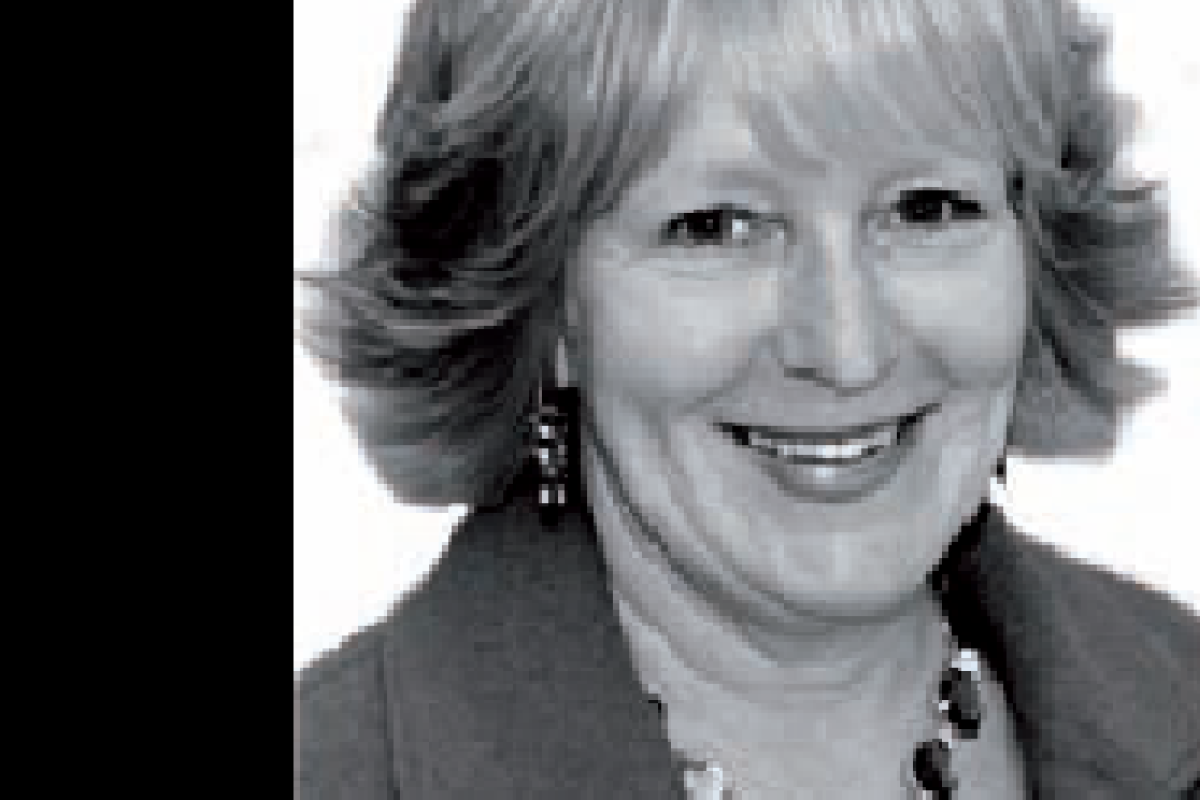Scaled-down products for poorer consumers in BRIC countries could pose a threat to developed markets, says Melanie Howard
WITH HINDSIGHT it seems inevitable that the developed world’s innovation record and thus its ability to stay ahead would be challenged. But to date, it hasn’t been the most obvious consequence of rising economic power in the BRIC countries. The model followed by most multinationals has largely been one of nurturing and satisfying a growing desire for Western brands and goods, fuelled by newly empowered consumers’ discovery of the exciting palette of self-expression conferred by disposable income and choice.
But the new markets may be coming back to bite the hand that fed them. Rapid consumer evolution is both a consequence of, and an engine for, increasing numbers of the educated, clued-up middle classes, working in the expanding service sectors to meet the demands of people just like them, literally creating a virtuous circle: 55% of Indians are now employed in the tertiary sector. But just as education has helped fuel the success of the creative economy in the UK over the past decade, the educated there in the BRIC countries are now turning their minds to developing products and services that will offer the benefits of advanced consumerism at a fraction of the price, to satisfy the needs of those further down the food chain. Many of these new inventors and entrepreneurs from the emerging markets also appear to have questions of social justice and sustainability very much in their minds.
The result is a wave of what the Future Foundation calls ‘frugal innovations’ – low-cost, ingenuous, rapidly produced and with a low carbon footprint to boot.
Examples abound, each telling a story about huge opportunities in the home market, but also how manufacturers are eyeing-up lucrative Western markets with their inventions. Given the enduring post-recession psyche as well as the War on Waste we should be taking note.
In the automotive market, the Tata Nano car has become the world’s cheapest mass-produced car (at $2,200 each). It is so popular that it has become dubbed ‘the people’s car’ in India and more than 70,000 units had been sold by the end of 2010. Tata is now turning its attention to creating an affordable electric car for Europe.
Similarly in China, BYD (Build Your Dreams) has become the world’s largest supplier of rechargeable batteries and, with BYD Auto, is planning to export electric vehicles to the West in the next few years.
White goods too are in the pipeline: Indian engineering company Godrej has created the Chotukool, a low-cost alternative to the typical refrigerator that is battery powered, has a quarter of the storage space of its larger Western counterparts (which reflects the fact that Indian consumers tend to shop on a more frequent basis, with less fridge space required) and weighs around 8kg. The machine, which the company expects to launch in 2011, costs the equivalent of €55.
And this ability to innovate cut-price, low-energy solutions applies to the business-to- business market with consumer-facing applications too. Under the tagline ‘Helping banks reach out’, Indian company Vortex develops ATM technology innovatively designed for areas with little or no access to energy supplies. The ATM machines are designed with efficiency in mind, with fewer moving parts and a solar panel that provides the primary source of power. By the end of 2010, 600 Vortex ATMs were in operation in India under licence from the State Bank of India.
EXTENDING AND DEVELOPING MARKETS
In healthcare, stunning new ideas are reducing the cost of bringing advanced diagnostics and treatment to the masses. Chinese medical equipment company Zhongxing Medical has developed an X-ray machine that costs significantly less than a machine assembled and sold in the West, which focuses on the most-demanded types of scans.
Mobile technology has transformed emerging markets already, but in the latest iteration, entrepreneurial activities are becoming more ingenuous and exportable as low-cost solutions to intractable social problems. One example, M-PESA, is a branchless banking service founded in Kenya in 2007 that allows customers to pay bills, withdraw money and transfer money and wages to family via encrypted text messages. Virtual money is redeemed for cash via a network of M-PESA agents, typically local retailers and mobile airtime sellers. By the end of 2010, the service was live in South Africa, Tanzania, Kenya and Afghanistan, with plans for expansion that included India and Egypt – markets that traditional financial suppliers are looking to penetrate.
The success of these ‘frugal’ approaches may well prove to be tough competition that all brands should prepare for.
Melanie Howard is chair of the Future Foundation and a non-executive director of TCA. [email protected] Market Leader Quarter 3, 2011 53
